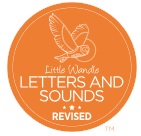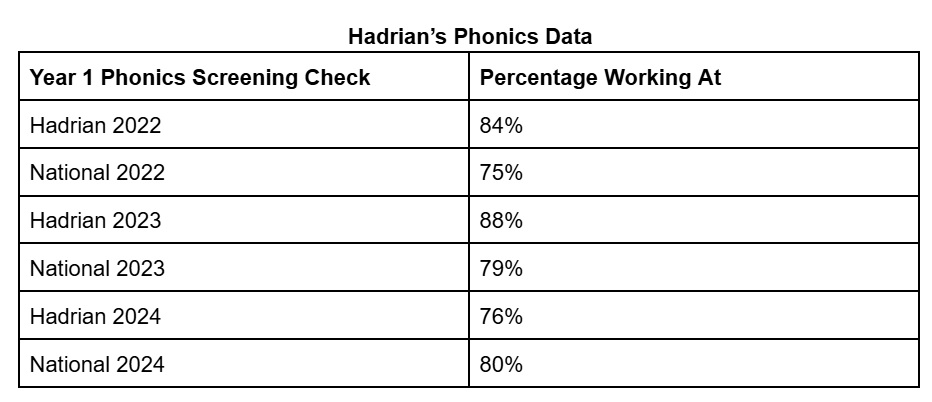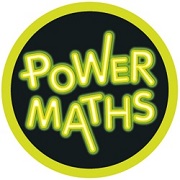Early Years
Learning in Reception
The learning potential for all young children is an exciting journey and it’s our privilege to work with the children, to support, guide and unleash their love for learning.
On a normal day in Reception you can see our children counting and collecting flowers, digging in our allotment, writing letters to their friends, reading a book in a teepee or being curious and creative designing a reservoir in the sandpit. Most importantly though, you can see confident and creative children sharing their ideas, helping each other, being kind and being determined to achieve success.
We have designed a curriculum to support children through their learning and prepare them for KS1 and beyond.
Curriculum
We aim to provide children with a well-structured, safe, active learning environment both indoors and outdoors. This will enable them to develop the skills, attitudes and understanding that will form the basis of lifelong learning and encourage them to become useful, active members of our community. The children’s progress is measured against the ‘Early Learning Goals’ which should be achieved at the end of the reception year.
The Early Years Foundation Stage Curriculum guides children’s learning from 0-5 years old.
The curriculum is organised into seven areas of learning. The three prime areas of learning are: Communication & Language, Personal & Social and Physical Development.
There are four specific areas of learning: Literacy, Mathematics, Understanding the World and Expressive Arts and Design.
The characteristics of effective learning are: Playing and Exploring, Active Learning and Creating and Thinking critically.
Phonics and Early Reading Policy
IntentAt Hadrian Academy, we strongly believe that all our children can become fluent readers and writers. This is why we teach reading through Little Wandle Letters and Sounds Revised, which is a systematic and synthetic phonics programme. We start teaching phonics in Reception and follow the Little Wandle Letters and Sounds Revised progression, which ensures children build on their growing knowledge of the alphabetic code, mastering phonics to read and spell as they move through school. As a result, all our children are able to tackle any unfamiliar words as they read. We have a strong focus on language development for our children because we know that speaking and listening are crucial skills for reading and writing in all of our subjects.
Implementation
We provide a balance of child-led and adult-led experiences for all children that meet the curriculum expectations for ‘Communication and language’ and ‘Literacy’. These include: sharing high-quality stories, poems and learning a range of nursery rhymes and action rhymes activities that develop focused listening and attention, including oral blending attention to high-quality language. When the children join us at Hadrian, we ensure our they are well prepared to begin learning grapheme-phoneme correspondences (GPCs) and blending in Reception.
Daily phonics lessons in Reception and Year 1
We teach phonics for 30 minutes a day. In Reception, we build from 15-minute lessons, with additional daily oral blending games, to the full-length lesson as quickly as possible. Each Friday, we review the week’s teaching to help children become fluent readers. Children make a strong start in Reception: teaching begins in Week 2 of the Autumn term and the first week begins with rhyming and initial sounds for Reception and year 1 recap the graphemes-phoneme correspondences from Reception. We follow the Little Wandle Letters and Sounds Revised expectations of progress: Children in Reception are taught to read and spell words using Phase 2 and 3 GPCs, and words with adjacent consonants (Phase 4) with fluency and accuracy. Children in Year 1 review Phase 3 and 4 and are taught to read and spell words using Phase 5 GPCs with fluency and accuracy.
Comprehension
At Hadrian Academy, we value reading as a key life skill. In Reception and Year 1 the children take part in three reading practice sessions a week. These group sessions focus on the comprehension skills: decoding, prosody and comprehension. By the time children leave us, they read confidently for meaning and regularly enjoy reading for pleasure. Our readers are equipped with the tools to tackle unfamiliar vocabulary. We encourage our children to see themselves as readers for both pleasure and purpose. We monitor our reading practice sessions to ensure everyone teaches with fidelity to the Little Wandle programme and offer support and training for all members of staff who work in Reception up to year six.
Little Wandle
Little Wandle provides lots of resources for parents on their website, so please do take a look by clicking here. In year R and 1 we hold ‘phonics in action’ mornings each year so please do attend to see how our phonics lessons take place. Look out for our reading coffee mornings in the newsletters too!
Impact

Reading
Reading is extremely important to us and the children at Hadrian Academy. We believe that all children should be exposed to exciting, captivating and engaging stories. Therefore we read a variety of texts throughout the year. We also want children to have a passion for their own reading and have lots of interesting stories, poems and fact books that the children can independently look at.
As phonic knowledge becomes secure, children will be placed onto a school reading book. This book will be set at the right level for that child. The books become more challenging as the child’s phonic ability improves. These books are read at school at least twice a week and we ask parents to read with their child at least 5 times a week.
Maths

Here at Hadrian Academy, we encourage children to have a ‘Mastery’ approach to mathematics, by being resilient, co-operative, creative, and most importantly, by having a positive attitude, not being afraid to make mistakes and being determined to seek solutions. We encourage all children to develop their own mathematical understanding through arithmetical proficiency, reasoning and problem-solving skills. We strive for our pupils to be confident mathematicians who understand the relevance of the subject in their everyday lives.
Maths in Reception is everywhere, (inside and outside) and there are opportunities and exciting activities for the children to explore, sort, count, compare, describe and calculate. We believe that maths is all around and in reception we develop mathematical skills so that children become creative, critical thinkers and problem solvers as they progress through Hadrian Academy.







